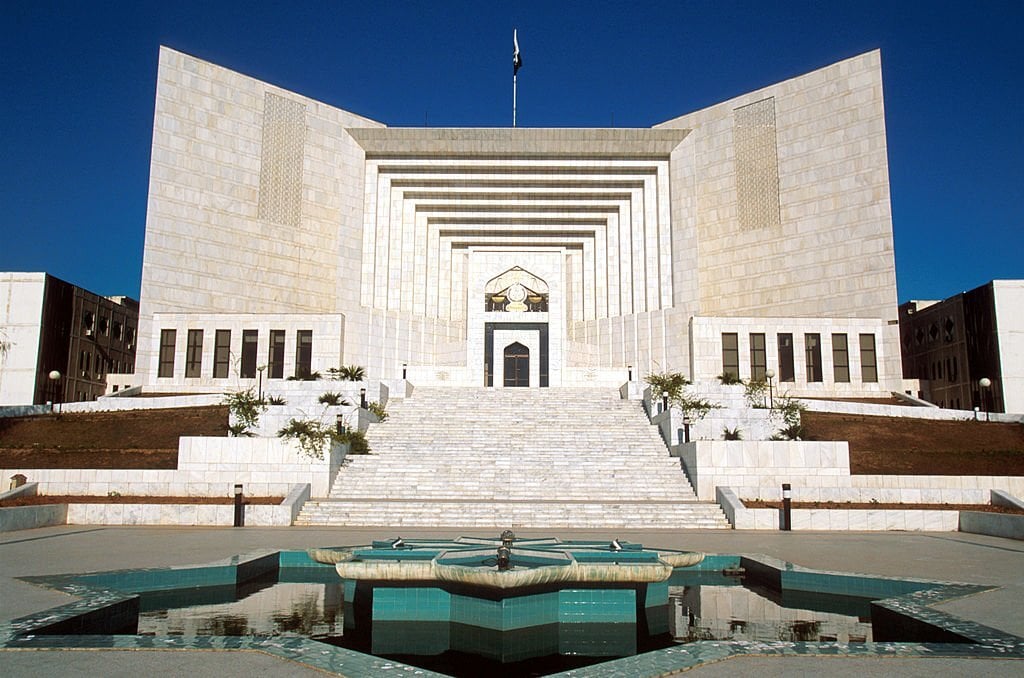Editorial
As Pakistan grapples with economic stagnation and administrative inefficiency, the promise of Artificial Intelligence (AI) in public governance appears both exciting and dangerous. Globally, AI has already begun transforming governance—from predictive policing to welfare targeting. But for Pakistan, the path to digital reform is paved with institutional and ethical landmines.
The appeal of AI is understandable: real-time data, automated decisions, scalable service delivery, and potential cost reductions. In sectors like agriculture and healthcare, it can forecast disasters and preempt crises. Welfare systems like BISP could gain accuracy and reduce corruption through algorithmic screening. But such prospects must be met with caution—not cheerleading.
Pakistan’s bureaucratic machinery is notorious for opacity and elite capture. Injecting AI into this framework without legal and institutional safeguards risks further alienating citizens. In the absence of a robust data protection law, the state’s use of AI could violate privacy at scale, especially in sensitive domains like health, welfare, and security.
Moreover, algorithmic decisions are not value-neutral. AI trained on biased datasets can reinforce discrimination based on class, gender, or ethnicity—turning structural injustice into mathematical logic. With no clear accountability for automated decisions, who will answer when a deserving citizen is wrongly denied a subsidy or benefit?
The most troubling frontier is surveillance. Projects like Safe Cities hint at AI being used not for public service but social control. In a country with weak institutional checks, facial recognition and predictive policing risk deepening authoritarianism under the guise of innovation.
If Pakistan is to benefit from AI, it must legislate first, educate second, and deploy last. Without democratic oversight, ethical governance, and local innovation, AI won’t be a solution—it will be a system of digital repression. The state must choose wisely: transparency over technocracy, and citizens over control.













